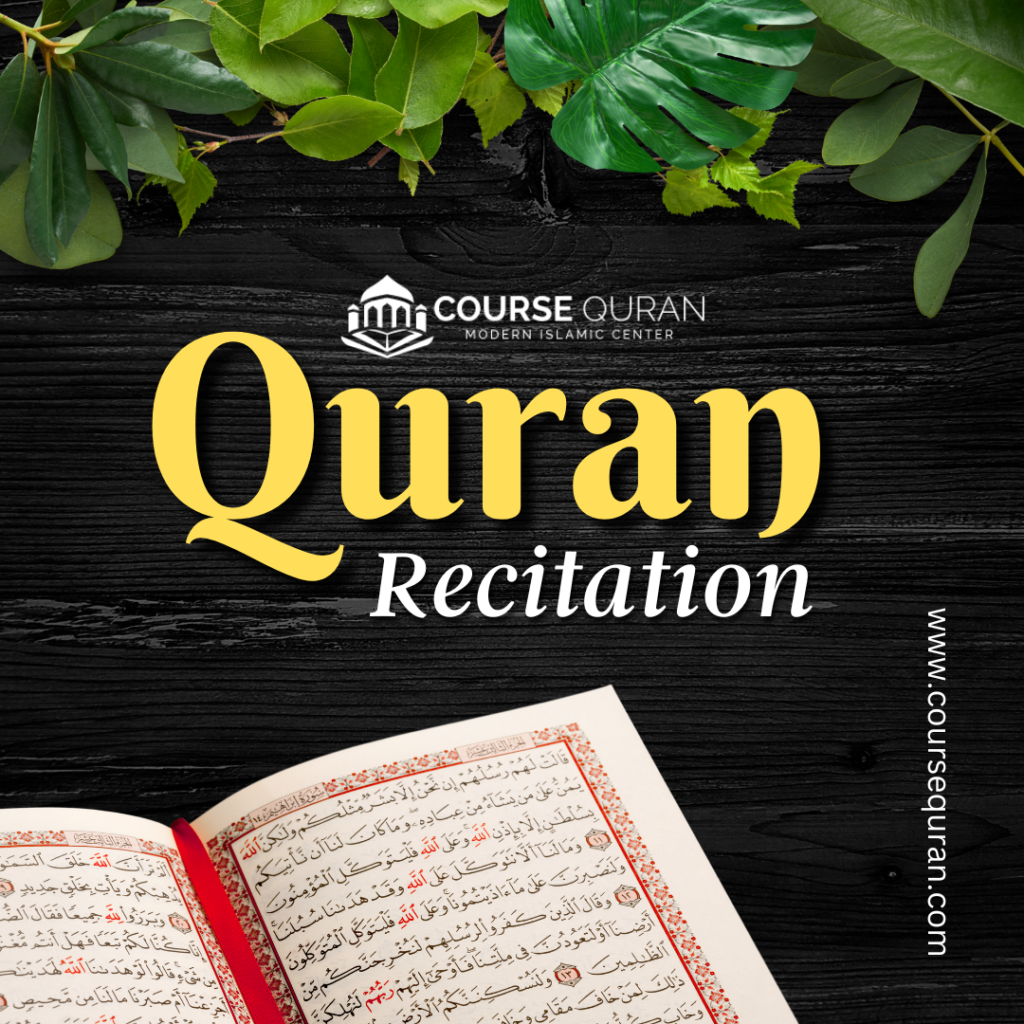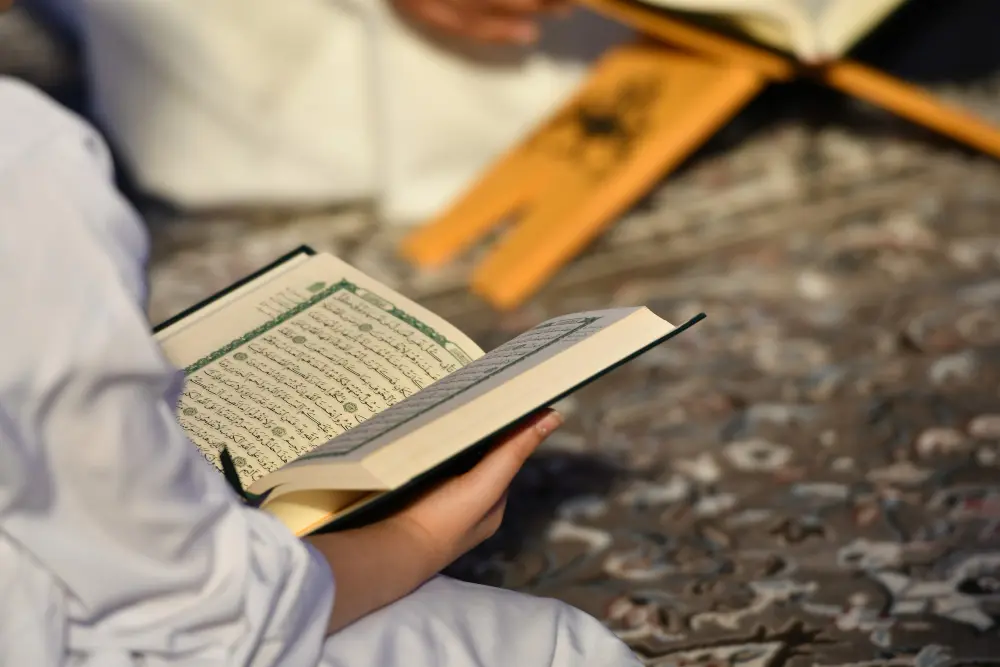“Alhamdulillah” (Alhamdulillah in Arabic : الحمد لله) is a common expression of gratitude among Muslims and is used in various contexts. Here are some details about its meaning and usage:
In the stillness of dawn’s first light,
A whisper of gratitude takes flight,
“Alhamdulillah,” my heart does sing,
For every blessing life may bring.
Alhamdulillah pronunciation
The pronunciation of “Alhamdulillah” can be broken down as follows:
- Al (like the word “all” without the “l” sound at the end)
- Ham (rhymes with “thumb”)
- Du (rhymes with “do”)
- Lil (like the word “lil” in “little” without the “t” sound)
- Lah (like the word “la” in “lalala”)
Putting it together: “Al-ham-du-lil-lah”
Alhamdulillah Meaning
Here is the anser to what does Alhamdulillah mean?
- Al: The definite article “the.”
- Hamd: Praise or thanks.
- Lillah: To Allah (God).
Alhamdulillah Translation:
“Alhamdulillah” is an Arabic phrase that means “Praise be to Allah” translates to
“Gratitude and praise be solely to Allah.”
Benefits
The sun that rises, warm and bright,
Chasing away the cloak of night,
In every ray, a gift anew,
A reminder of His love so true.
“Alhamdulillah” is more than just a phrase of gratitude; it carries profound benefits for those who say it regularly. Here are some of the key benefits:
Spiritual Benefits
For every breath that fills my chest,
For moments of peace and times of rest,
“Alhamdulillah,” I softly say,
For guiding me throughout my day.
Strengthens Faith:
Regularly saying “Alhamdulillah” reinforces a Muslim’s faith and trust in Allah, reminding them of His constant presence and blessings.
Spiritual Connection:
It helps maintain a constant connection with Allah, keeping spirituality at the forefront of a Muslim’s daily life.
Emotional and Psychological Benefits
In trials faced and battles fought,
In every lesson life has taught,
I find His wisdom, kind and grand,
In every challenge, His gentle hand.
Promotes Gratitude:
By expressing gratitude for all things, big or small, it shifts the focus from what is lacking to what one has, fostering a sense of contentment.
Reduces Stress and Anxiety:
Gratitude has been shown to reduce stress and anxiety. Saying “Alhamdulillah” can help calm the mind and reduce worries by focusing on positive aspects of life.
Enhances Positivity:
Regularly acknowledging and appreciating Allah’s blessings leads to a more positive outlook on life.
Social and Relational Benefits
The laughter shared, the tears we’ve cried,
The joy that swells from deep inside,
“Alhamdulillah,” for love’s embrace,
For every smile on every face.
Improves Relationships:
Grateful individuals tend to have better relationships. Expressing gratitude can enhance interactions with others, making one more appreciative and less likely to take others for granted.
Creates a Positive Environment:
Saying “Alhamdulillah” can have a ripple effect, encouraging others to also focus on gratitude and positivity, thus creating a more uplifting and supportive community.
Physical Health Benefits
When shadows fall and fears take hold,
In darkest nights, when we feel cold,
His light, it shines, a beacon clear,
“Alhamdulillah,” He’s always near.
Boosts Immunity:
Studies have shown that practicing gratitude can improve physical health by boosting the immune system, reducing symptoms of illness, and enhancing overall well-being.
Promotes Better Sleep:
Grateful people tend to sleep better, and saying “Alhamdulillah” can contribute to a more restful and rejuvenating sleep by reducing stress and promoting a peaceful mind.
Spiritual Rewards in Islam
So in my heart, this truth I keep,
In waking hours and in my sleep,
“Alhamdulillah,” in every breath,
A song of thanks, from now till death.
Blessings from Allah:
Regularly expressing gratitude can attract more blessings from Allah, as He promises increased favors for those who are thankful (Quran 14:7).
Forgiveness of Sins:
Saying “Alhamdulillah” with sincerity can also lead to the forgiveness of sins and spiritual purification.
Alhamdulillah key events
In Islamic history and practice, the phrase “Alhamdulillah” (meaning “All praise is due to Allah”) is very important. Here are some key events and traditions where it is used:
For every grain of sand and sea,
For mountains standing wild and free,
In nature’s song and wind’s soft hum,
I hear His name, my soul’s anthem.
Everyday Practical Benefits
- Cultivates Patience:
Acknowledging Allah’s wisdom in every situation, even in difficulties, cultivates patience and resilience.
- Encourages Mindfulness:
It encourages mindfulness by bringing attention to the present moment and the blessings it contains.
- Surah Al-Fatiha:
- The first chapter of the Quran, recited in every prayer. It starts with “Alhamdulillah,” showing the importance of praising Allah.
- The Night Journey and Ascension (Isra and Mi’raj):
- Prophet Muhammad’s miraculous night journey from Mecca to Jerusalem and then to the heavens. He expressed his gratitude to Allah with “Alhamdulillah.”
- Battle of Badr:
- An important battle where Muslims, though outnumbered, won against the Quraysh. After the victory, they thanked Allah by saying “Alhamdulillah.”
- The Treaty of Hudaybiyyah:
- A peace agreement between Muslims and the Quraysh tribe. Though initially seen as unfavorable, it led to the peaceful spread of Islam. Muslims expressed their gratitude with “Alhamdulillah.”
- The Conquest of Mecca:
- When Prophet Muhammad and his companions peacefully entered and took control of Mecca, they did so with humility, saying “Alhamdulillah.”
- Personal Milestones and Blessings:
- Muslims say “Alhamdulillah” to mark personal achievements and blessings, like the birth of a child, recovery from illness, or success.
- Prophetic Traditions (Hadith):
- Prophet Muhammad emphasized gratitude. He said that saying “Alhamdulillah” after sneezing and in daily life brings great rewards. Its his Sunnah.
- The Five Daily Prayers:
- In every unit of the five daily prayers, Muslims recite Surah Al-Fatiha, which starts with “Alhamdulillah,” making gratitude a regular part of worship.
- Eid Celebrations:
- During Eid al-Fitr and Eid al-Adha, Muslims express their gratitude to Allah. “Alhamdulillah” is often used in prayers and greetings.
These events and practices show how “Alhamdulillah” is central to Islamic faith and daily life, emphasizing gratitude and praise to Allah in all situations.
So in my heart, this truth I keep,
In waking hours and in my sleep,
“Alhamdulillah,” in every breath,
A song of thanks, from now till death.







